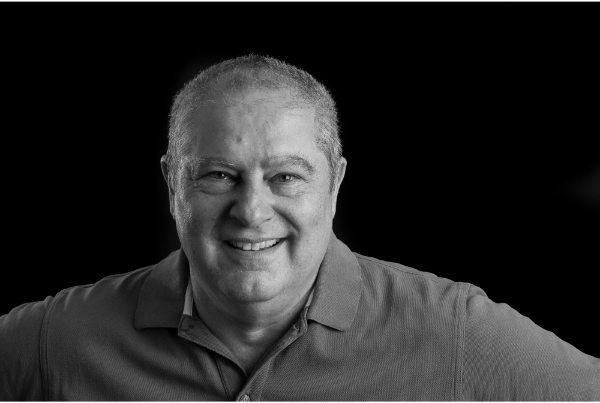Mario Giampietro was born in Italy in 1953. He graduated in Chemical Engineering (1978) and Biological Sciences (1981) at Universitá La Sapienza, Rome. He has a MS degree in Food System Economics (CEFAS/Universitá La Tuscia) and a PhD in Social Sciences (Wageningen University, NL). Mario was a researcher at Istituto Nazionale di Ricerca per gli Alimenti e la Nutrizione (INRAN) from 1985 to 2007, but pursued most of his research as visiting scientist at leading universities, such as Cornell University (1987-1989 and 1992-1995), Wageningen University (1997), Universitat Autònoma de Barcelona (1998-2000), University of Wisconsin, Madison (2002), Penn State University (2005-2006), and Arizona State University (2006-2007). He joined ICREA and UAB in 2007. He has more than 150 scientific publications and is author of several books. He is the coordinator of the 7.4 M€ Horizon2020 project "Moving Towards Adaptive Governance in Complexity: Informing Nexus Security” (MAGIC).
